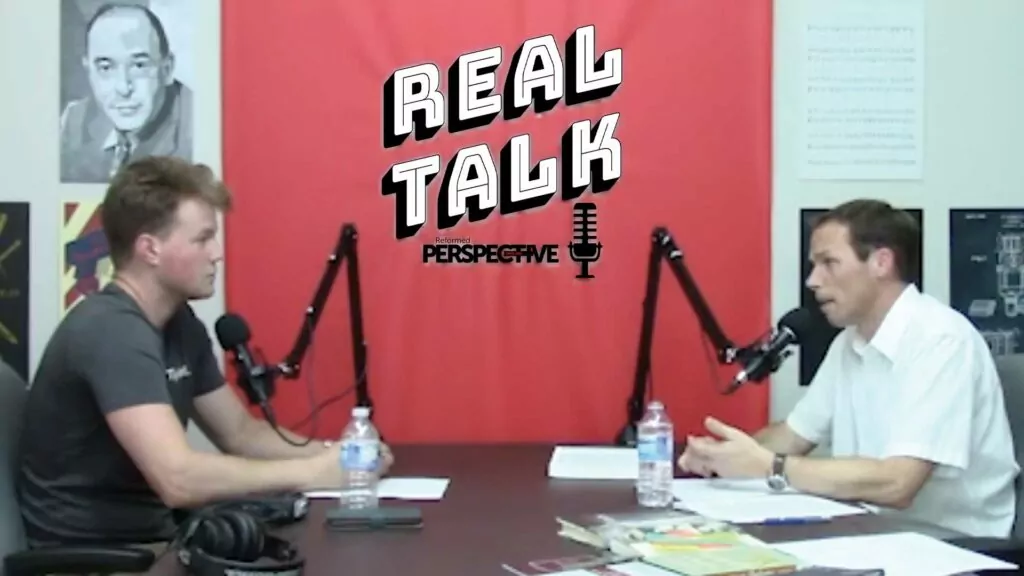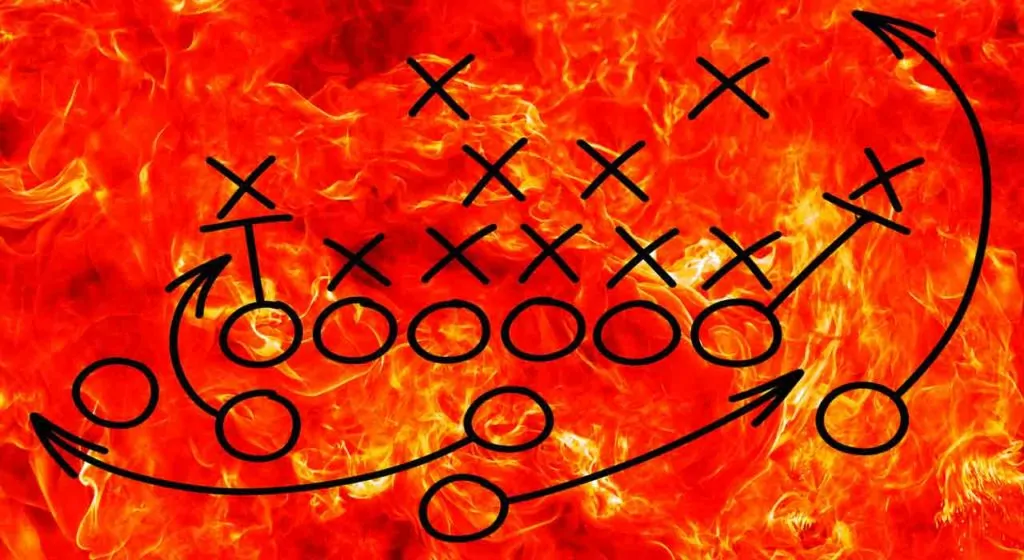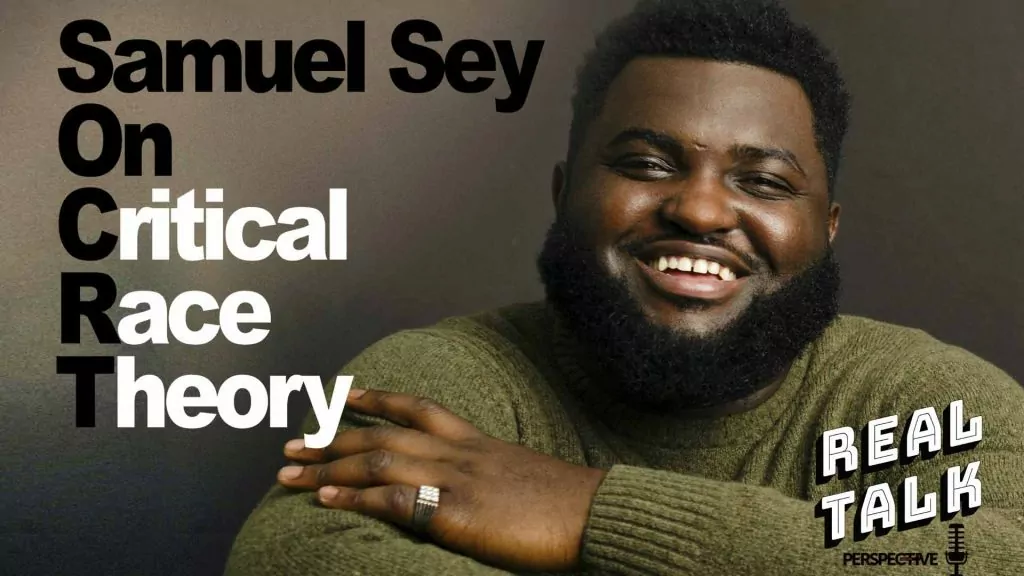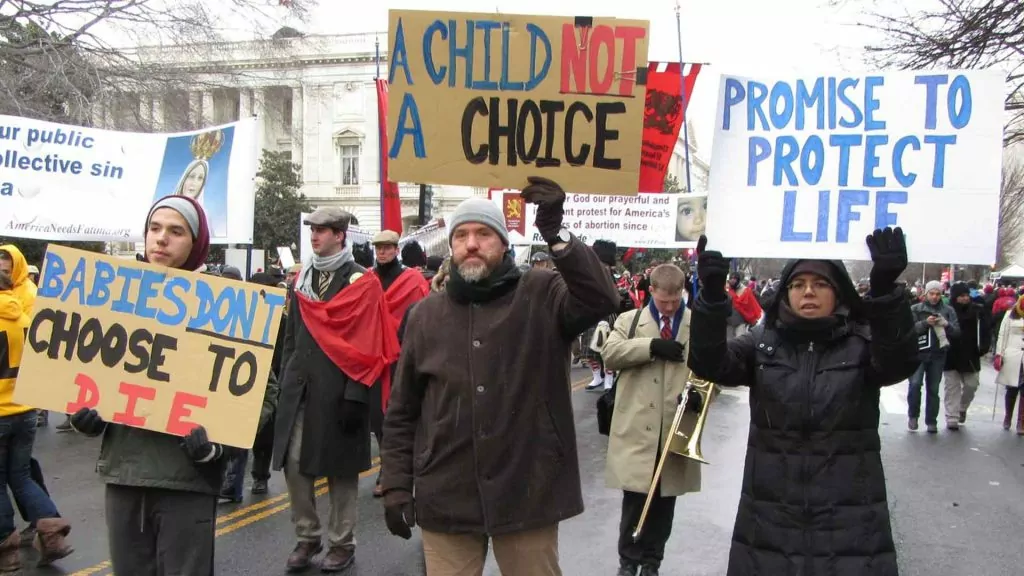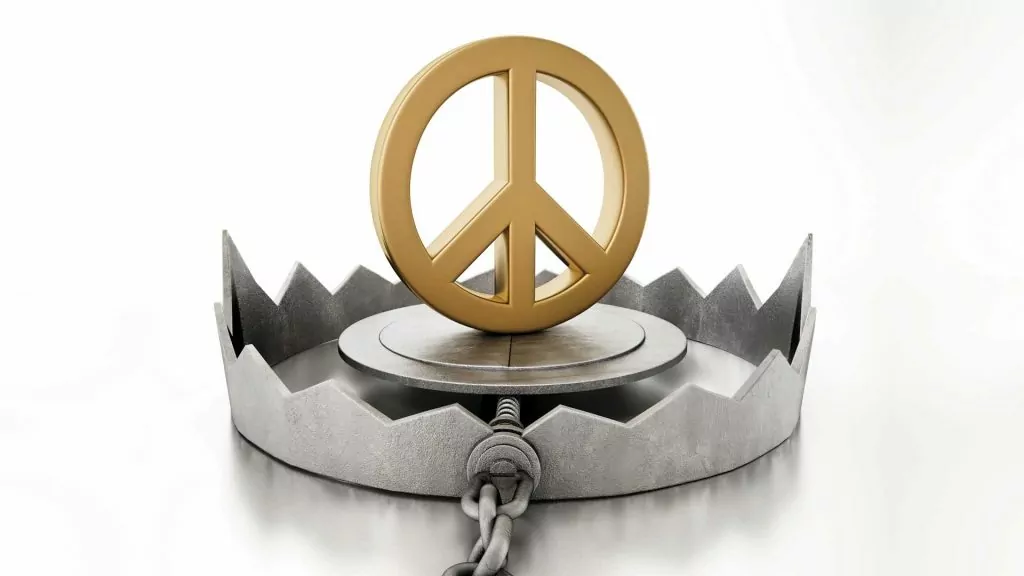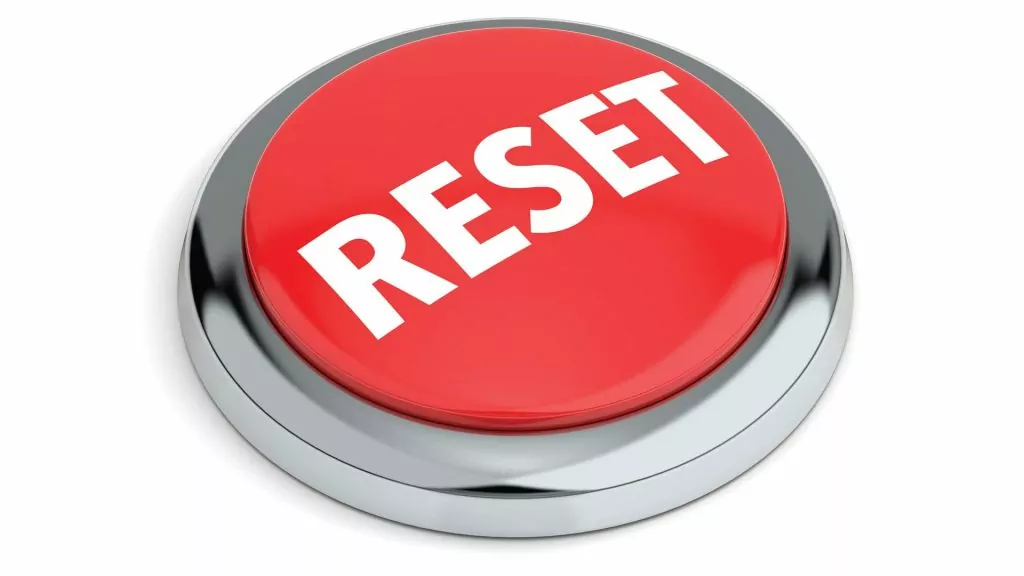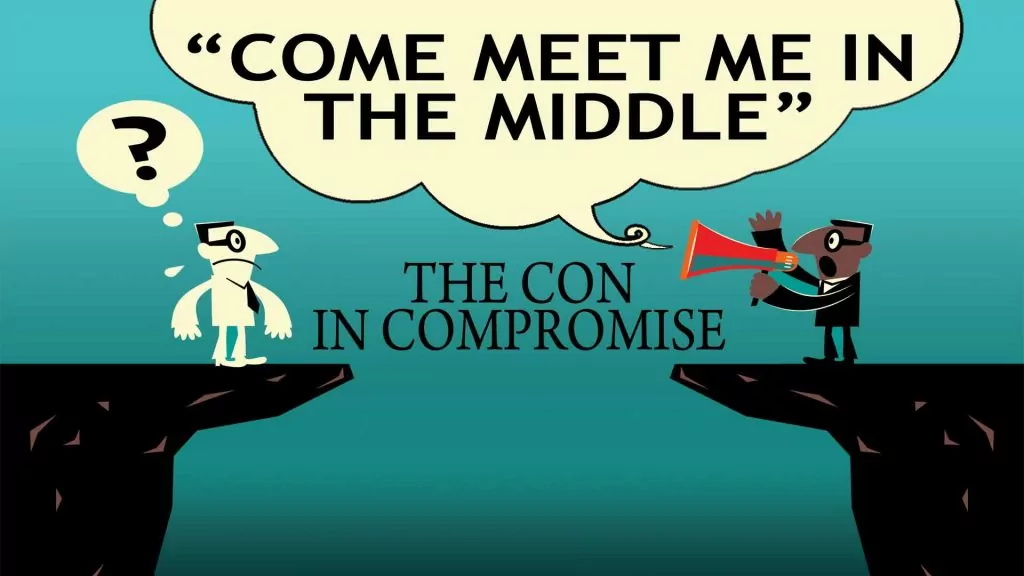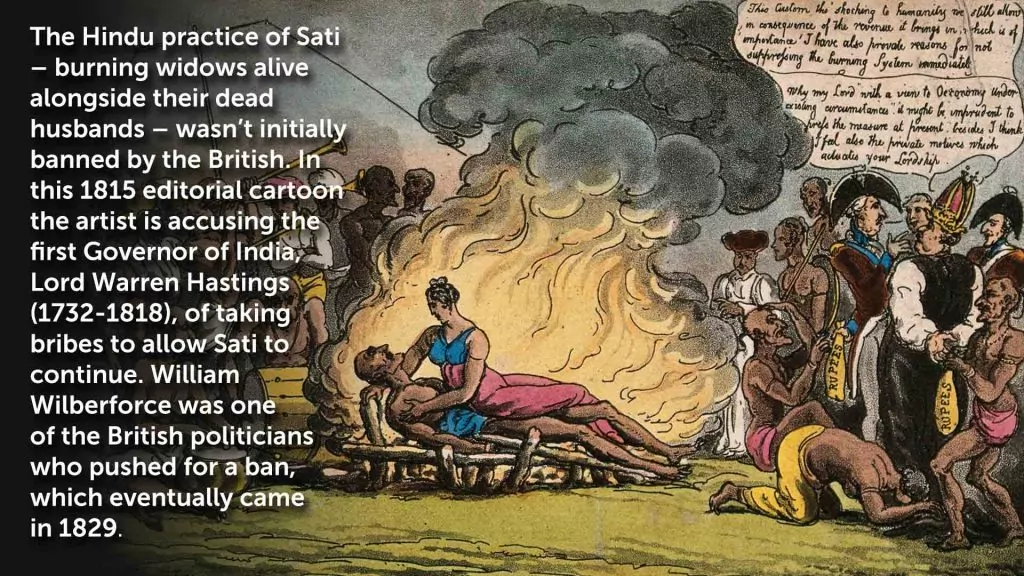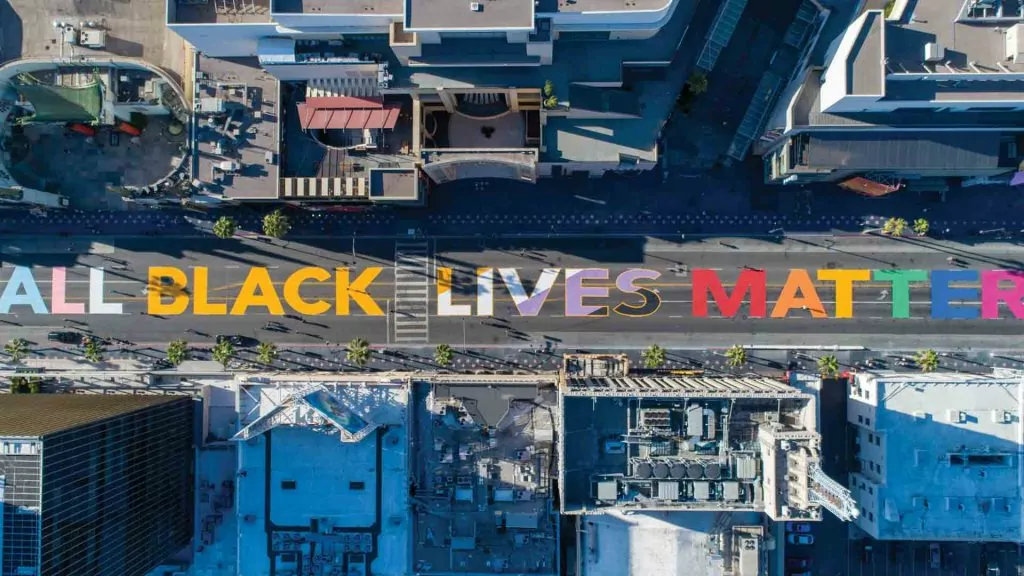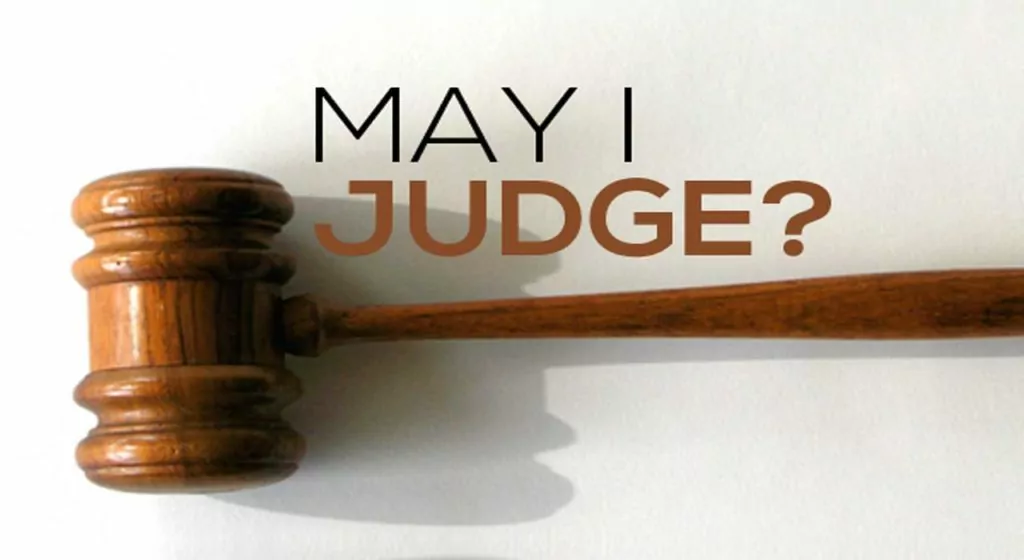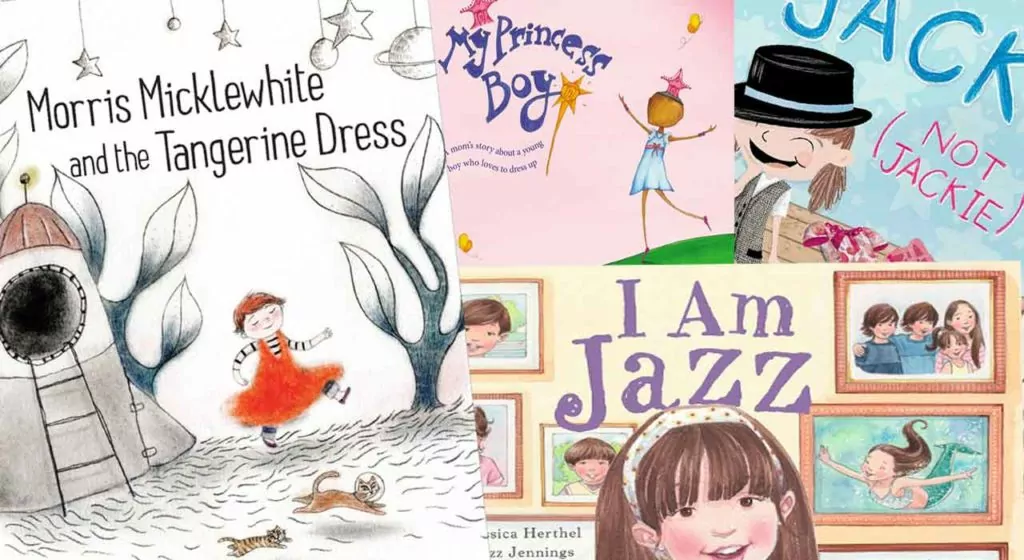
Culture Clashes
Get out of the game
Christians need to steer clear of sports gambling
*****
When I was a kid, I remember my aunt asking, whenever we were traveling somewhere, “Are we having fun yet?” Of course, we usually said “Yes!”
However, by the time I reached my teens, I thought (briefly) that my leisure activities needed just a little bit more to really be entertaining, so I came up with a way to make a pinball game at the neighborhood arcade more interesting – bet on the outcome. My idea was that whoever had the lower score would pay the other player a certain amount, based on the difference in the scores. Math must not have been my strongest subject at the time, and I wasn’t any better at pinball, because after just one game, I owed my friend six hundred dollars. Thankfully, he was a generous soul, and never did make me pay up.
That is not the case for sports betting online. Countless commercials play up the excitement of being more involved in what’s happening out there on the ice, or field, or track. We’re told we can “get in the game” if only we put money down on the score, or how many points or penalty minutes a player will get, or what minute the first goal will be scored – there are dozens of betting possibilities for every game. But the company on the other end of your bet is not going to forgive you if you get in over your head.
Still, what if you’re not as foolish as I was? What if you bet small, and you even use apps that restrict how much and how often you can bet? Is “just a little” sports gambling online still a problem?
Yes it is. And God’s Word gives us several reasons to stay away from any sports gambling.
1. Christians are called to productivity
An article on ARPACanada.ca titled “Gambling: Value or Vice” points to several risks of gambling, based on Lord’s Day 42 of the Heidelberg Catechism.
Among other reasons, the article notes that in the unlikely event that you do happen to be successful in betting online or any other form of gambling, you are making money without creating anything of value – the exact opposite of the creation mandate of Genesis 1 – and at the expense of others. Any money you won could only come because many others lost. Your gain is their pain.
2. Love your weaker brother
And that pain can be of the life-destroying kind. Saagar Enjeti, an American anti-gambling activist, notes that online sports betting companies make about half of their revenue from about five percent of their clients, because they are targeting the problem gamblers: the addicts. Enjeti cites the notorious example of a man whose wife is suing a sports betting company, because her husband gambled away his salary, his wife’s retirement account, and even the money he got by selling a baptism present for his children.
For a Christian, if you know of any brothers or sisters in the Lord who are gambling addicts in your congregation, this is even more serious, since your (extremely unlikely) success is made at the expense of someone who is not only going into debt, but destroying their family, and even possibly endangering his relationship with God by making money, that next win, their god instead.
In 1 Cor. 8:13 Paul writes, “Therefore if food makes my brother stumble, I will never eat meat, lest I make my brother stumble.” When Paul makes this commitment, it is in regard to an activity – eating food sacrificed to idols – that is not wrong in itself. How much worse it is when you continue to indulge a sinful habit that destroys your brother!
3. Don’t be a fool
The same ARPACanada.ca article shares how gambling is just plain old unwise, since “the house always wins.” Saagar Enjeti notes that as foolish as gambling in a casino is, since the odds are stacked against you, sports betting generally offers much worse odds. Our provincial governments look to betting as a major revenue source – they’ve got billions dependent on you losing …and that you’ll eventually lose is still the only sure bet in all of gambling.
4. Do we really need to “get in the game” more?
When I asked an Edmonton-area pastor about sports gambling, he could, thankfully, share that the young people he worked with most (from the pre-confession class) are not, by their own account, involved in any online or sports betting.
However, he did address another, related, issue. In his preaching and catechism classes, he warns against the potential for idolatry in viewing sports. If your team is heading to the NHL finals, there’s a vibe in your city that is hard to describe as anything short of a religious devotion. If you don’t have God, a winning team becomes a stand-in for many. For them, “Hockey is life,” as one t-shirt proclaims.
Obviously, if you are tempted toward an obsession with watching professional sports, the opportunity to bet on them is not going to help you overcome that.
Are we having fun yet?
As I am writing this, “my team” is winning in the second-last round of the NHL playoffs. Obviously, I will not be betting on the results, but the games will be just as exciting.
Just how enjoyable is watching sports when there is money on the line anyway? Even the sports betting companies themselves are, ironically, admitting how corrosive betting is to the real enjoyment of rooting for your team. Slogans like “Your loyalty is real, but so are the odds” and “Sometimes it pays to be a bad fan” speak to how in the world of sports betting, money is the only thing that many fans now care about. Are we having fun yet?
In a recent broadcast of The Agenda on TVOntario, entitled “Is Business Ruining Sports?” Morgan Campbell, from CBC Sports, notes,
“We’ve seen coaches like J.B. Bickerstaff saying that they open up their social media, …their email, and there are these angry fans in here berating them about, ‘You made me blow my parlay’…. And… the specter that’s overhanging all of this is match-fixing…. And so what we don’t want is this idea that this match is fixed, that the outcome is predetermined.”
Are we having fun yet?
With all of the problems that we could criticize in professional sports, there is inspiration in seeing “your team” play with heart. Paul even uses sports as a metaphor for the Christian life, exhorting the Corinthians to emulate the athletic virtues of self-control and self-discipline (1 Cor. 9:24-27), just as the writer to the Hebrews commands them to “run with endurance” (Heb. 12:1). With proper discernment, we can admire honorable, excellent (Phil. 4:8) sports competition, but not if we are focused on the financial payoff for ourselves.
Conclusion
ARPA Canada has more articles on its site about recent provincial responses to sports betting (in Alberta and Ontario), but we do not need to wait for the government to react (wisely or unwisely) to the rise in sports betting to make up our minds. We do not want to test God by placing even small bets, thinking that we can beat temptation. We also shouldn’t want to take advantage of the weakness of others by gaining their money without working for it. Instead of trying to make the game more interesting – whether pinball or polo – let us “flee youthful passions” (2 Tim. 2:22) and follow the example of Christ:
“We who are strong have an obligation to bear with the failings of the weak, and not to please ourselves. Let each of us please his neighbor for his good, to build him up. For Christ did not please himself….” (Rom. 15:1-3a).








